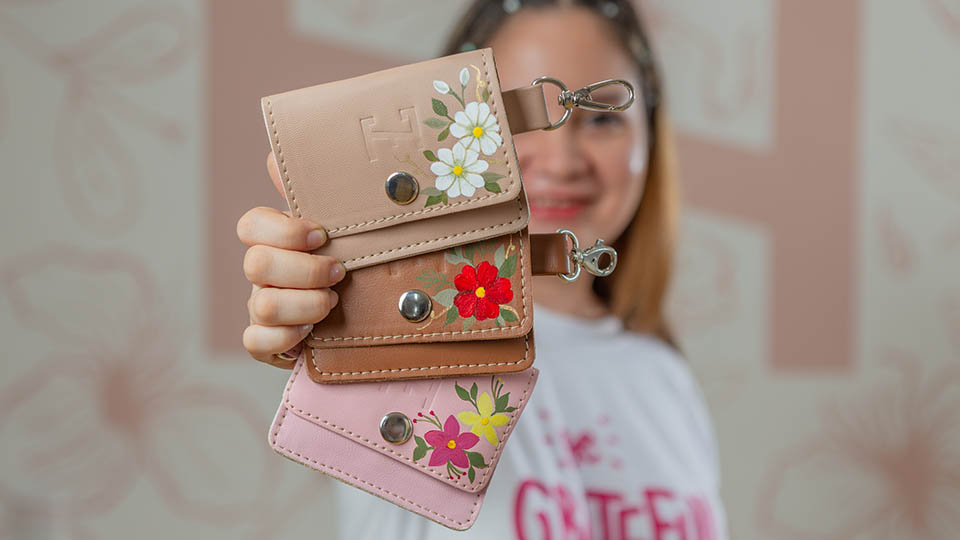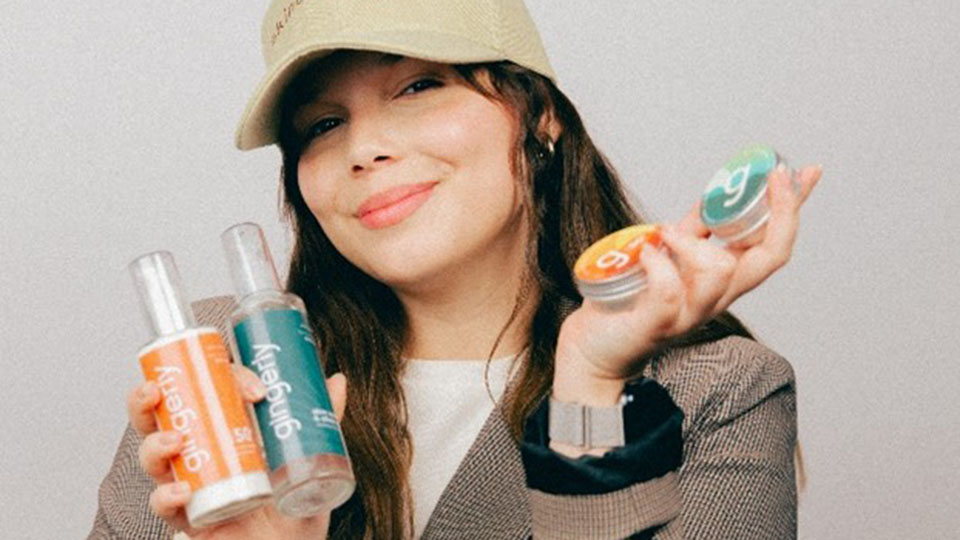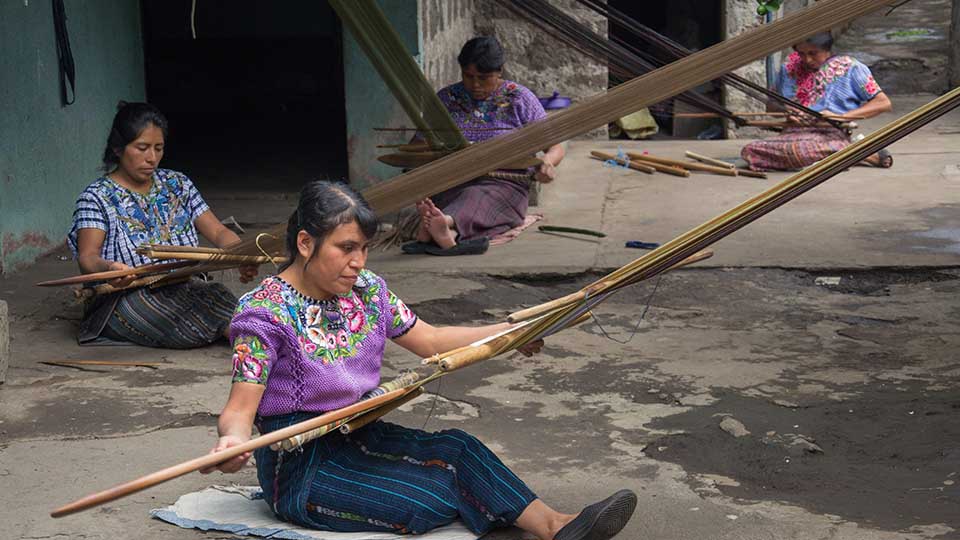High-Tech Capsule Hotel Chain Disrupts Hospitality Business in Indonesia
When Indra Gunawan, a young Indonesian entrepreneur introduced the idea of a capsule hotels chain to his business partner, it was met with hard skepticism. Some six years later, the two longtime friends have disrupted the Indonesian accommodation market with a unique concept of modular, connected, and technology-equipped hotel pods. The rapidly expanding start-up went from hotel capsules with Bobobox to cabins with Bobocabin and aims to cross borders soon, with the solid protection of its intellectual property assets.

Indra and Antonius Bong both went to Melbourne University in Australia and have been friends and business partners since then. While Indra studied commerce and law, Antonius chose commerce and information systems. Bobobox was their third startup company, after a game studio and a marketplace.
Indra’s parents owned a small hotel in Bandung, now managed by his sister, and he was exposed to entrepreneurship from a young age. In 2005, when his father had a sudden health issue Indra came back home. “This is how and when entrepreneurship started in my life,” he said.
After the marketplace start-up “failed epically” in 2016, Indra and Antonius decided to step back from the risky life of startups and find stable positions. Indra’s first daughter was born that year, ”and reality started to kick in.” After a few months, however, the entrepreneurship itch came back and the two friends started brainstorming. “We realized that to create an impactful product and solution, it should be a product that can be a lifestyle for many people,” Indra explained. They also realized that sleep deprivation was becoming a major global health concern and they were seeking a solution to provide people with easy access to quality rest. “We thought accommodation was a great entry point to introduce our solution.”
Capsule hotels, an Older Concept Turned Trendy
Capsule hotels started in Japan back in 1979, Indra noted, but the concept only started to expand in the mid-2010s in different parts of the world. The growing appetite of young people to discover, travel, and experience foreign places on a low budget led to the adoption of a new kind of lifestyle, Indra pointed out.
In 2017, he took to the road and tried out several capsule hotels in Singapore, Japan, and New York, soon realizing they all had one thing in common: over 90 percent occupancy rate. Those capsule hotels, however, usually located in strategic locations, relied on inherited property and could not expand.
The whole economics of capsule hotels made perfect sense as space efficiency allowed more revenue per square meter. To escape the need to own buildings or hotels, Indra came up with the concept of prefabricated modular capsules that could be installed in most buildings.
Back to Bandung, Indra had a hard time convincing his partner and he almost gave up the idea but decided to at least give it one try. He sweet-talked his sister into converting one of her hotel rooms into capsules in December 2017. Guests could stay in a capsule for half the price of the hotel room but they would have to share a bathroom with another guest. It was an instant success and throughout that month, the hotel capsules had a 98 percent occupancy rate.
“I called Antonius, and that was the beginning of the Bobobox adventure.”
Bobobox was officially registered in 2018 and the first Bobobox branch launched in June. The first hotel capsules were installed in Bandung, which has similar urban characteristics to many Indonesian cities, usually struggling to keep a regular occupancy rate during weekdays. “If we could pull it off in Bandung, we could go anywhere.” Indra’s sister converted five of her hotel rooms into 16 capsules.
Bobobox Pods: combining Space-Saving Design with Functional Comfort
Bobobox are 9 square meters hotel capsules, with one room on the upper deck and one room on the lower deck, each completely self-contained, and equipped with a double bed and a choice of color lighting, Bluetooth speakers, and high-speed internet access. Customers share bathrooms.

Installed in strategic locations, customers have easy access to transportation and restaurants. A communal space allows for eating and re-heating takeaway meals.
Clients are millenniums and young people, according to Indra, and come mostly from the domestic market, partly because of the lack of international travelers since the Covid-19 crisis. Each location serves a different segment, he explained. In cities like Bandung, there are many leisure clients, but in large cities like Jakarta and Samaran business travelers are the main customers. Another mark of lifestyle changes is the number of clients, up to 25 percent, that are local people who want to have a staycation, some “me” time, a quiet weekend, or want to study in a quiet place with a fast internet connection, he said.
Since that first Bobobox capsule in Indra’s sister’s hotel in 2017, the company has grown to manage over 1,200 capsules in 16 locations spread out in 6 cities: Jakarta, Bandung, Jogjakarta, Solo, Semarang, and Malang and the company now employs 150 staff at the headquarters in Bandung, and 150 staff on the ground.
The Economics of Bobobox - an affordable alternative accommodation
A typical conventional hotel has an average room size of 18 square meters, sold between 30 and 40 US$ per night, Indra explained. The investment for such as room is usually 1,000 times the price of the nightly rate. Many capsule hotels have tried to reduce the size of the pods to such an extent that they can only touch a niche market, such as backpackers, people who need a quick transit stay. “We wanted to create a solution that would enable everyone to stay in our capsule and offer a much bigger-sized capsule.”
With 9 square meters, Bobobox hotel capsules are spacier and technologically well equipped. Bobobox charges 15 US$ per night, so 30 US$ per 9 square meter. Compared with conventional hotels, Bobobox generates twice as much revenue (60 US$ for 18 square meters instead of 30 US$).
The investment needed to set up Bobobox capsule hotels is also much lower than for a conventional hotel (about 8,000 US$).
A multi-business strategy for Bobobox hotel pods
In the beginning, Bobobox rented empty spaces and converted them into capsule hotels. As the concept grew in popularity, people volunteered to have their assets converted into hotels, on a profit-sharing basis, later proposing to co-invest in future locations. Bobobox evolved into different business models, including full operation partnerships, allowing flexibility to cater to market needs. In this latter model, Bobobox’s partners provide 100 percent of the investment while Bobobox retains the full operation of the business.
Glamping at a Bobocabin lodge
Covid-19 Opens New Market. Enters Bobocabin
While many businesses were lamenting over the hardship brought by the Covid-19 crisis, Indra saw an opportunity. He contacted investors and pondered about the consequence of the crisis on the hospitality sector, which was being severely affected, and the kind of transformative role the pandemic could have on people’s needs. People wanted to be outdoors, feel safe, experience less crowded, open spaces, and growingly preferred using their car than flying far.

Indra thought that the modularity concept of Bobobox could be applied to the outdoors for people looking for quirky places to stay. The idea of Bobocabin was born. As for Bobobox, many people were skeptical, but two cabins launched in February 2021 showed a hundred percent occupancy rate Monday-to-Monday, year around.
The company now has 163 Bobocabins, across six locations in Indonesia: Rancaupas; Cikole; Kaldera, Toba; Kintamani, Bali; Gunung Mas, Puncak; Coban Rondo, Batu Malangand, and 10 more locations are in the pipeline.
Clients are local people but the demographic is much larger, attracting a young crowd trying to get away from virtual fatigue and taking advantage of off-site work, many families seeking an outdoor experience, and older people.
Bobobox Hotel Property Management System for Seamless Process
Technology is a key factor in Bobobox. Every room is integrated into the platform the company is developing. Its proprietary management system allows a smooth process for clients, who can book their rooms, pay the bill, and check-in and out from their phone. An app also allows clients to open and lock their pod doors with a QR code and to operate features inside each pod or cabin.
All of Bobobox’s pods and cabins’ designs are patented. Bobobox and Bobocabin are registered trademarks in Indonesia and several countries of the region.
Bobobox Capsule Hotels set for Global Expansion
With virtually no direct competitors in Indonesia, in particular, because of its concept of modularity and integrated technology Bobobox is set on stepping outside of Indonesia’s frontiers with its capsule hotels and cabins. The company is also planning to increase the personalization of its offer with the help of artificial intelligence.
“Everyone sleeps, no matter your race, gender, social condition so we believe that what we have developed here is a global product, applicable to many parts of the world.”
The company is exercising corporate social responsibility and keeps away from carcinogenic material in the plywood of its pods and cabins. During the Covid-19 crisis, Bobobox donated 200 pods to 16 hospitals to provide health workers with proper accommodation inside the hospital.



